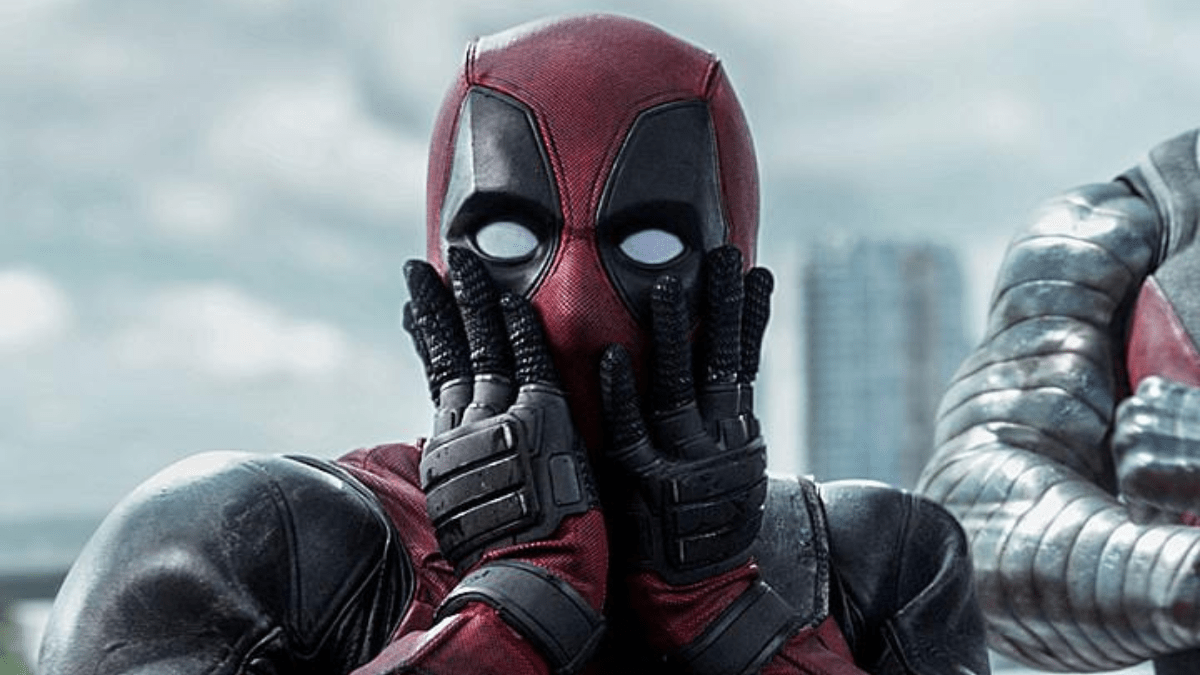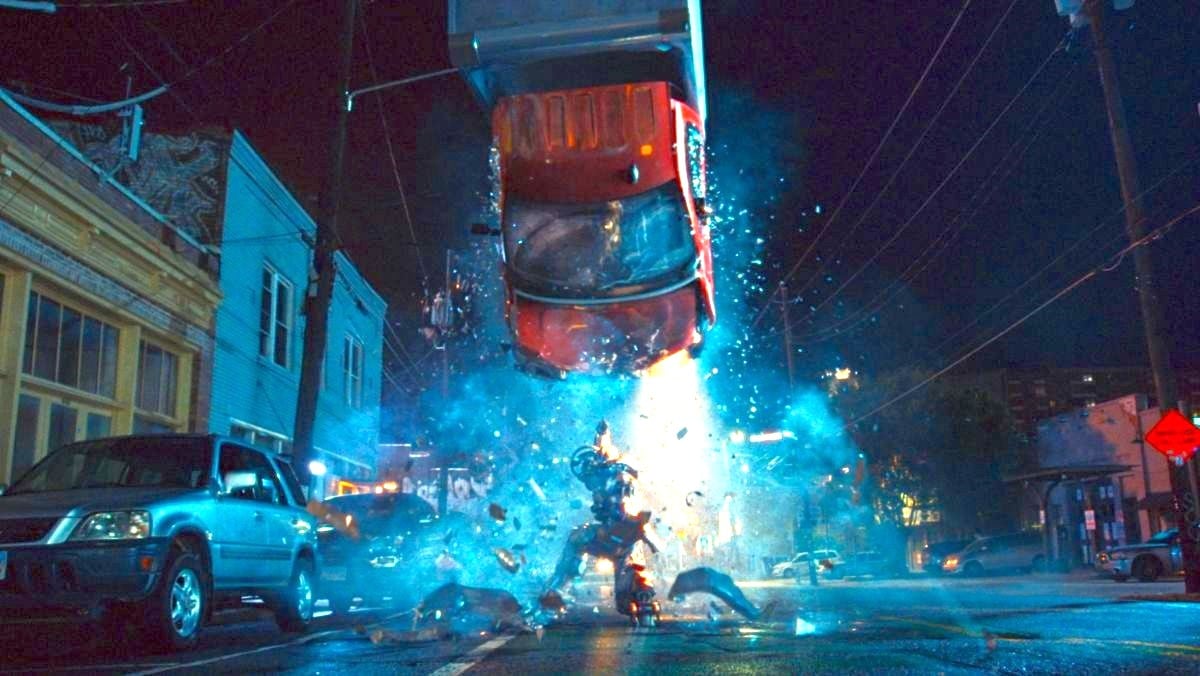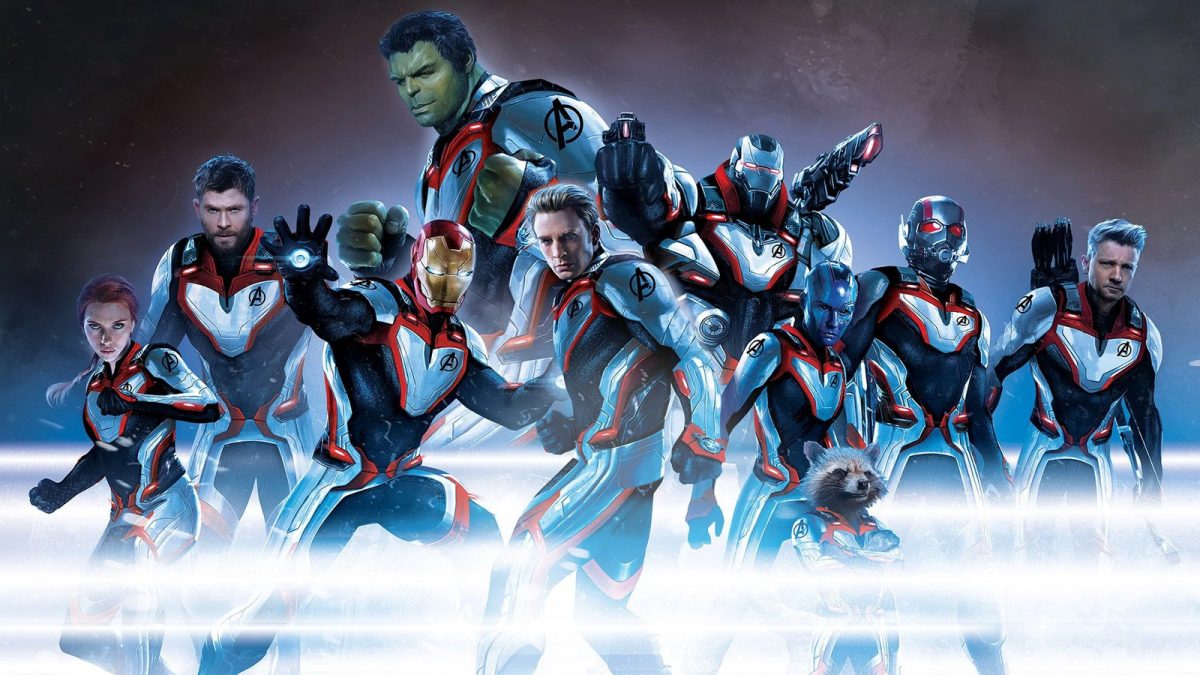The Marvel Cinematic Universe largely cements itself in a world with clear boundaries between heroes and villains.
Throughout the years, certain villains have stood out as being ripe with dimension, nuance, and sometimes even garnering our sympathy. At the very least, we can understand the points of view of villains like Thanos or Killmonger, even if we disagree with their overall approach. For instance, if Thanos truly cared about the well-being of those who inhabit the universe in the face of limited resources, why doesn’t he simply use the Infinity Gauntlet to snap into existence double the universe’s resources, rather than eliminating half of life in the universe? The answer to that question lies in the fact that Thanos ultimately lies firmly on the side of bad.
However, the line between good and bad is blurrier than you might think, as a recent interpretation of none other than Chris Evans’ Captain America shows.
The point of view on Captain America being a villain in some regards comes to us from none other than The Marvels director Nia DaCosta, TheDirect reports.
It stems from the idea that since Steve Rogers refused to sacrifice Vision so Thanos would not get the mind stone in Avengers: Infinity War, he essentially chose to save the life of one android instead of half the life in the universe.
“… Something I like to say a bit flippantly about Captain America is that the Snap is all his fault because he was trying to do his best, trying to do the right thing. There is a world in which he’s a villain because, at the end of the day, he should have just sacrificed Vision. He chose one robot’s life, albeit a sentient one, over literally the entire universe. There’s a sort of anti-hero in that if you want to look at it through that lens,” DeCosta said in an intervie with Inverse.
Do you think Steve Rogers might be a lowkey Marvel anti-hero? Leave it in the comments below.







Published: Oct 19, 2021 06:49 pm